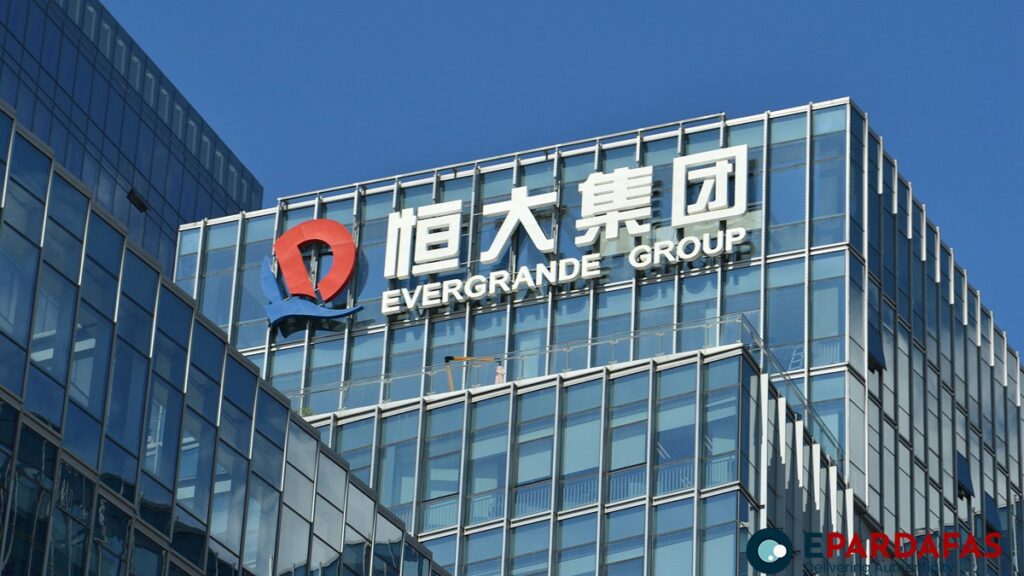Amid China’s real estate crisis, Evergrande seeks US bankruptcy protection.

Property giant Evergrande has sought bankruptcy protection in the US amidst China’s escalating real estate crisis. This move permits the heavily indebted company to safeguard its US assets while negotiating a multibillion-dollar settlement with creditors. In 2021, Evergrande’s debt default sent shockwaves through global financial markets. This development arises amid growing apprehensions about China’s property market issues, further amplifying concerns about the world’s second-largest economy.
China Evergrande Group submitted a Chapter 15 bankruptcy protection request in a New York court. This legal action safeguards the US assets of foreign corporations during debt restructuring. The company’s real estate division oversees over 1,300 projects across 280 Chinese cities, while its endeavours extend to electric vehicle manufacturing and football ownership.
Having defaulted on debt repayments, Evergrande has been renegotiating its creditor agreements. With debts surpassing $300 billion, it ranked as the world’s most debt-ridden property developer. Share trading at Evergrande has been suspended since the previous year. Last month, it disclosed a combined loss of $80 billion over the past two years.
Another significant Chinese real estate entity, Country Garden, recently warned of potential losses up to $7.6 billion for H1 2023. Many leading firms in China’s property market grapple with insufficient funds to finish construction projects. The key challenge is completing ongoing developments to maintain some financing inflow, according to Steven Cochrane from Moody’s Analytics.
China’s economy has encountered deflation as consumer prices declined for the first time in over two years. Weaker global demand resulted in substantial drops in imports and exports, with exports decreasing by 14.5% and imports declining by 12.4% compared to the previous year. To bolster the economy, China’s central bank unexpectedly slashed key interest rates for the second time in three months.
The ongoing turmoil in China’s real estate sector, coupled with economic challenges and global financial ripples, emphasises the complex interplay between domestic economic issues and their global repercussions.
